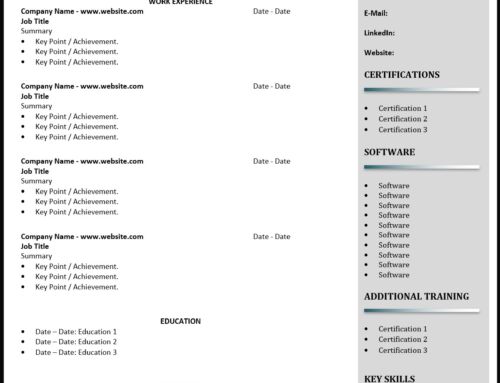Has technology changed our reading habits?
A look into modern-day technology and how this may have changed our ways of reading and processing information.

Thanks to the internet, for a large number of people, the act of reading a physical printed book seems almost obsolete. However, has the introduction of things such as e-books and audiobooks changed our habits in a way that we no longer pick-up and get lost in a printed copy? And has it changed the way we ascertain the words we read?
Today’s world has significantly more of everything than ever before; the internet, e-books, audiobooks, articles, 3D printers, etc… Available to us is any information we need at the click of a button. Dead and buried are the days of going off to the local library to skim through hundreds of books until you find the one you need, whether that be brushing up your knowledge on The Tribes of Britain, or finding a new and exciting Jack Higgins adventure novel.
I took to social media to reach out to some general members of the public…
And gave a total of 1247 random members 4 options. 41% of people said that even now, they still exclusively stick to printed copies. Nowadays, a large amount of people’s waking hours are spent on social media, working on computers and general screen time. It would seem one of the most appealing factors to most, is the ability to switch off their screens to read. Picking up a good book, getting the feel of the paper, and simply the rustling noise as you turn the pages are all still just as attractive to readers now as they ever were, and much more relaxing than reading from a screen.
Price was another factor in strictly reading printed copies, as thrift shopping and eco-friendliness becomes more and more popular. The public remains joyous in the fact that a second-hand book can be picked up in charity shops for as little as 10p; the kind of deal that can rarely (if ever) be found online.
44% of people had no preference and, for various reasons, will use either an e-book or a printed book. The desirability of an e-book is clear;
- Unlimited access to any books or articles almost immediately.
- The ability to take thousands of books around with you whilst travelling in one lightweight gadget.
- The capability to fact-check quickly using the search option.
- And (as I learnt from my Facebook research) being able to hold your baby in one hand, with a kindle in the other.
 Although, most have said they will always find a printed book much easier to read and, unsurprisingly to me, sitting and reading a physical book still came out as a favourite. Most readers of e-books admitted they do so purely for the convenience factors, rather than actually enjoying reading off of a screen as opposed to a book. 4% of people voiced that they solely use e-books, 2 of which said they only started reading at all because it was made digital.
Although, most have said they will always find a printed book much easier to read and, unsurprisingly to me, sitting and reading a physical book still came out as a favourite. Most readers of e-books admitted they do so purely for the convenience factors, rather than actually enjoying reading off of a screen as opposed to a book. 4% of people voiced that they solely use e-books, 2 of which said they only started reading at all because it was made digital.
What about the way we process information we read?
The theory is that technology and social media has led us to spend more time reading constant short articles as opposed to long and detailed novels. This, in turn, has caused us to have much shorter attention spans. Because of this, people now have a real tendency to skim through articles to find a relevant point rather than reading every word and thoroughly taking in the information in front of us. The negative to this is it can result in missing important events, not truly appreciating complex details and just skimming the surface of lengthy text and novels.
However, it is also an incredibly useful (and time-saving!) skill to be able to quickly scan text for key points. – Information on sites such as Facebook can either cause us to be lazy with learning, or intuitive. It is up the individual to be savvy and aware in how they consume information and realise that headlines and short posts are not covering the full story and sometimes can be completely misleading. – If we were to learn something back in the 19th century, it would strictly be a case of finding the information from a reputable source; whereas now it is up to us to be critical readers. We can read all mounds of different theories online and it would be our responsibility to find clear and concise facts from a creditable source. But was everybody a critical reader back in the 1800’s just because the option to be careless with learning wasn’t there?
It seems that whilst our habits have changed, they haven’t just changed for the worst; but have evolved to fit modern and ever-changing times. For example, it is said that texting can help you develop a higher reading comprehension than those who talk over the phone, according to a study done by the National Institute of Health. This is just one more positive outcome in the digital world of reading.
After the release of E-books…
Publishers and bookstores felt threatened; thinking (and rightfully so) that the new online market was going to quickly take over. The industry DID take off, but not permanently. If we look at more recent years, studies from the Pew Research Centre show that print sales are still high. Whilst sales are not as high as pre-E-books and other digital sources, there is nothing to suggest that the print industry is experiencing any kind of threat in the near future. In conclusion; I think most people will generally read in whatever format the words are put in front of them.
For further insights into how modern technology is affecting human behaviour please see Our natural born propensity for story-telling and the craze of conspiracy theories and for using mobile devices to your advantage, as opposed to your disadvantage see – six actions to focus your mind…




Leave A Comment